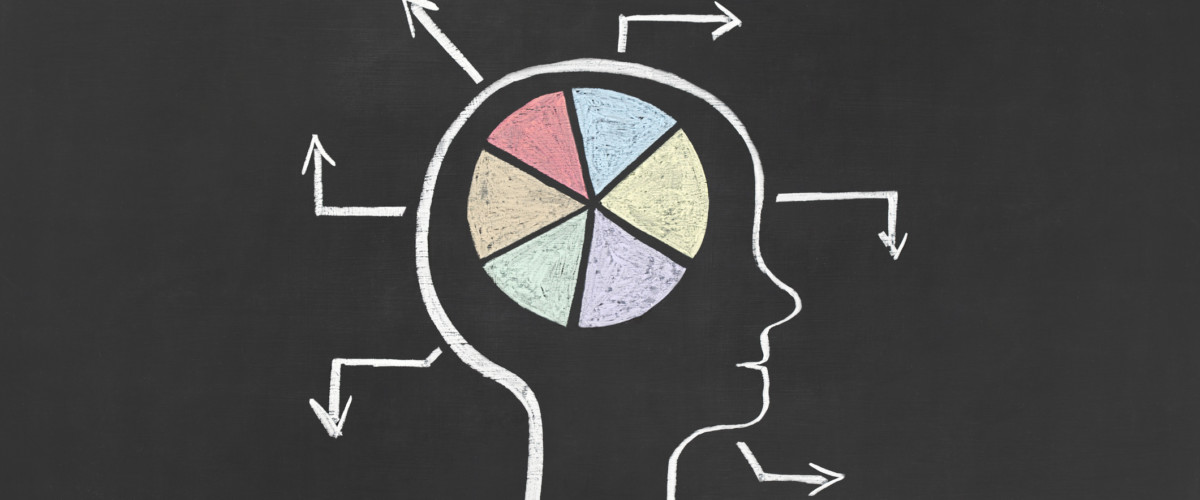Mindfulness and Mental Flexibility

This piece is about one of the virtues of having a Mindfulness practice. It is an effective way to gain mental flexibility.
When I was younger I heard stories of older people being on the ground with the inability to get themselves off the floor. I remember thinking how odd that must be…just get up…right? Later, when I was much older myself, I remember seeing my elderly mother having sitting on her bed and struggling to bend over to put on her socks. I thought, “wow I never want to become that inflexible”.
I suppose my being astounded by some people’s lack of flexibility was based upon my own experience (pretty normal). This was especially true since I was a pretty active guy in high school and college. I enjoyed playing tennis, football, judo, and gymnastics. I wondered how a person could ever get to the point they had to struggle just to even cross their legs.
While I had the good sense to be concerned about flexibility, I somehow thought the concept of flexibility stopped with our “physical” flexibility. Only later in life was I also to understand the importance flexibility in multiple realms: mentally, socially, financially, etc.
We all know how to spot physical inflexibility in others and even ourselves, but what does “mental” inflexibility look like?
Mental Inflexibility
At its more severe manifestation mental/cognitive inflexibility may take the form of Obsessive-compulsive Disorder (OCD) where a person, for example, cannot stop either intrusive negative thoughts or behaviors (i.e., hand washing, or checking to see if the door is locked). Cognitive inflexibility is also at work in Major Depressive Disorders. Here it is as if a person’s mind rather “freezes up”.
Not only does mental inflexibility manifest itself in ODC and Major Depressive Disorder, it is also a hallmark of neurodevelopmental disorders such as Asperger Syndrome and Autism Spectrum Disorder (ASD.)
AND mental inflexibility is at the forefront of Mild Cognitive Impairment and the various forms of Dementia, and in some cases even normal aging processes. That should get the attention of all of us.
Mental Flexibility
Most commonly, cognitive flexibility refers to the mental ability to adjust our thinking or attention in response to changing goals and/or stimuli in the environment. For example, cognitive flexibility is the ability to simultaneously consider two aspects of an object, idea, or situation at one point in time.
Cognitive flexibility also represents someone’s ability to shift thoughts and adapt his or her behavior to an ever-changing environment. Levels of cognitive flexibility are reflected by our ability to disengage from a previous task and respond effectively to another task—or to multitask. The more cognitive flexibility an individual has, the greater the chances are that this person can optimize his or her human potential.
Mindfulness Meditation
What we do know is that long-term engagement in mindfulness meditation may enhance cognitive performance in older adults. With persistent practice, these benefits may be sustained. That’s great news for the millions of aging adults working to combat the negative effects of aging on the brain.
In the August 3, 2017 edition of Mindful magazine, B. Grace Bullock, Ph.D. says:
Meditation may provide another added benefit—increased mental flexibility. For some, age can come with a rigidity of thoughts, feelings and opinions, and the inability to flow with the challenges and obstacles that are part of the tide of life. That can be a source of stress, and potentially even illness. Because most meditation practices emphasize developing an awareness of thoughts, feelings, and physical sensations without creating a narrative or judgment about the experience, mindfulness mediation may help to lessen a person’s attachment to fixed outcomes, increase mental flexibility, and add to one’s neural reserve.
Although encouraging, it’s important to note that this research is in its infancy and results are mixed. For example, a number of studies have reported that older meditators outperform age-matched non-meditators, or function comparably to younger participants on a number of attention tasks. Others have shown little or no change in cognitive function following a mindfulness intervention for older adults, or report that improvements are not maintained over time.
There have been numerous studies showing how mindfulness and meditation training enhance cognitive functions. If you need convincing you will not have a difficult time finding data.
In the meantime, think about loosening up your body and your mind. Aha…it feels so good.
Tim Berry
